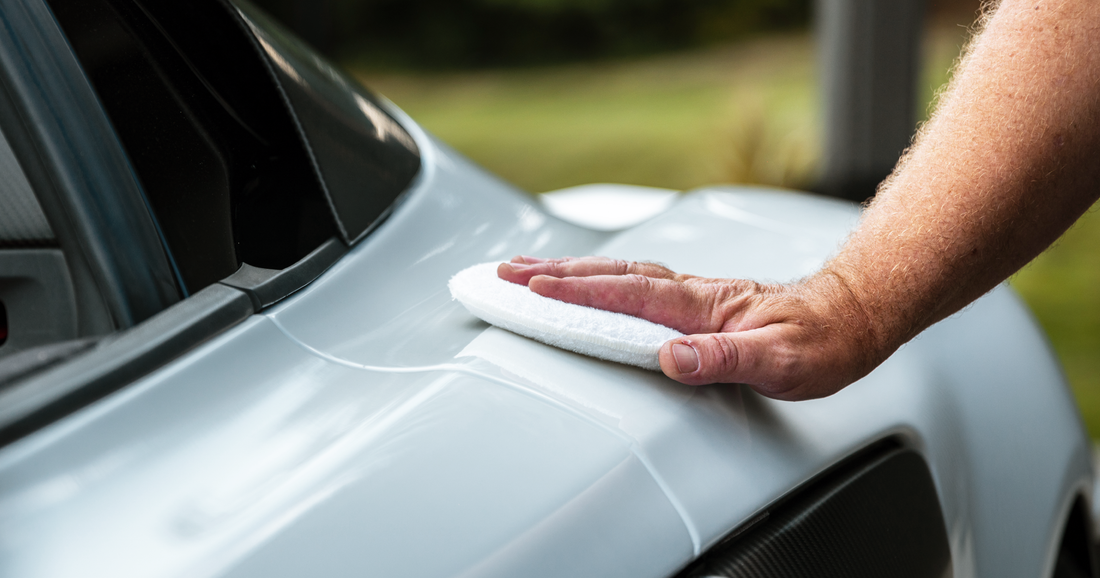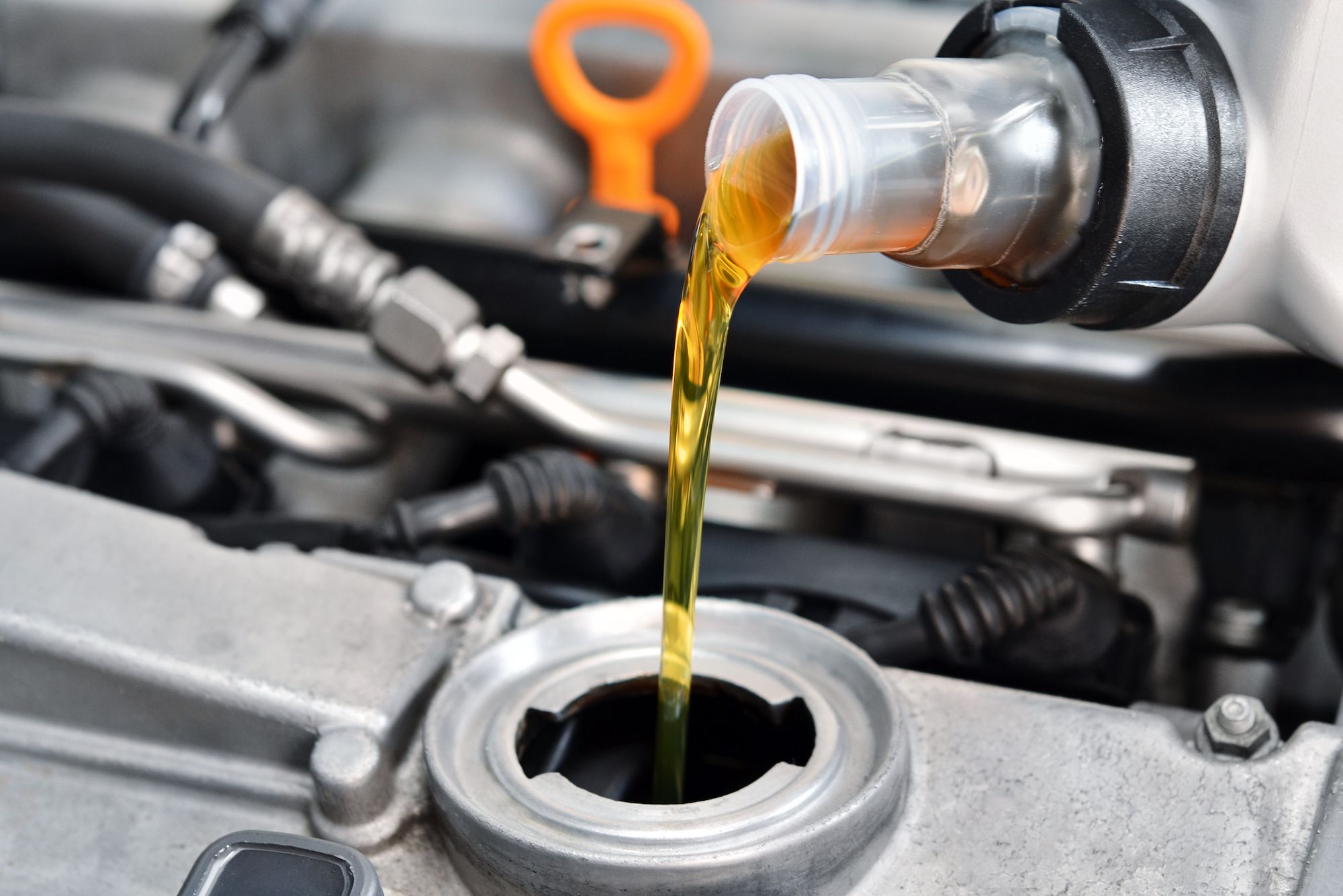All Categories
Featured

Understanding the factors that influence the expense of these fixings is important for vehicle proprietors that want to be prepared for the unexpected. From the kind of fixing needed to the make of your auto, a number of essential components can identify exactly how much you'll pay for fixings.
- Sort of Fixing. The nature of the repair work plays an essential role in the cost. Straightforward repairs, such as replacing a stimulate plug or brake pads, are normally less costly because they call for fewer parts and much less labor. On the various other hand, fixings that include complex systems like the transmission, engine, or electrical systems tend to be much more costly. These fixings frequently call for more customized components and experience, causing greater labor costs. Additionally, if the repair involves disassembling multiple parts, the labor prices can rise significantly.
- Make and Version of Your Lorry. High-end and foreign automobiles, such as BMWs, Audis, and Mercedes-Benz, typically come with greater repair expenses due to their specialized parts and the experience needed to function on them. In comparison, even more common lorries like Ford or Toyota usually have less costly parts and are less complicated for auto mechanics to function on, which reduces repair service prices.
- Components Schedule and High Quality. The expense of the parts needed for the repair service is an additional significant aspect. If you need initial tools supplier (OEM) components, you can expect to pay more, as these are designed particularly for your car. While OEM parts use a greater degree of quality and dependability, they come with a premium price. Alternatively, aftermarket components-- those made by third-party manufacturers-- are usually less expensive, but may not constantly match the quality or resilience of OEM components. The rarity of components, especially for older or specialized cars, can also drive up the price, as finding appropriate substitutes can require time and effort.
- Labor Prices. Labor expenses are among the biggest factors to the overall cost of cars and truck repair services. These expenses differ by region and service center, with metropolitan locations commonly billing greater rates due to overhead costs. Mechanic expertise also influences labor prices-- extra seasoned or customized specialists tend to charge more for their services. The intricacy of the repair work additionally contributes; repair work that require even more time or specialized expertise, such as working with an engine or electric system, will certainly cause greater labor fees. Labor is generally billed on a per hour basis, and some repair services can take a number of hours to complete.
- Level of the Damage. If the damage is considerable and requires multiple parts to be replaced or fixed, the cost will climb. When major systems like the transmission or engine are impacted, the repair service expense can escalate rapidly due to the number of components and the labor included.
- Automobile Age and Condition. Older automobiles have a tendency to require even more frequent repair work, and as parts break over time, the price of those repairs can raise. In most cases, older cars are a lot more prone to problems with their engine, suspension, or transmission. Furthermore, components for older designs may be more challenging to discover, which can raise both the rate and time required for repairs. Nevertheless, if your automobile is still in great total condition and well-maintained, you might have the ability to expand its life expectancy with less and less pricey repair work. Cars with fewer miles on the odometer might additionally be much less likely to require expensive repair work in the future.
- Location of the Fixing Store. The place of the service center can likewise influence the cost of vehicle repair services. Labor prices in metropolitan locations are generally more than in country or much less densely booming regions. Furthermore, car dealerships commonly bill more for repair services compared to independent service center, although dealerships may use OEM parts and offer specific service for your make and version. It's constantly a great idea to look around and obtain several quotes to discover the best cost for the repair work you require.
- Insurance Policy and Service Warranty Insurance Coverage. In some situations, extended warranties or service plans can help cover fixings for particular parts of the automobile. Additionally, if the repair work is an outcome of a mishap, your cars and truck insurance coverage plan might cover the price.

Conclusion. Numerous factors influence the price of major vehicle repair work, including the sort of repair, the make and design of your automobile, the quality of the components made use of, and labor costs. When it's time for a significant repair, recognizing these components can aid you better prepare for repair service prices and make even more enlightened decisions. Normal maintenance, including prompt oil changes, brake assessments, and tire turnings, can aid decrease the requirement for pricey fixings down the line. If you encounter an expensive repair work, it's always an excellent concept to obtain numerous quotes and evaluate the benefits of using OEM versus aftermarket components to make the most affordable choice.
Latest Posts
Raise Your Occasion with The other day's Tavern Wedding catering
Published May 14, 25
1 min read
Arrange Unforgettable Festivities at Deauville Inn: Pick from Six Stylish Venues
Published May 14, 25
2 min read
Present Delightful Receptions at Deauville Inn: Book Six Elegant Venues
Published May 12, 25
2 min read
More
Latest Posts
Raise Your Occasion with The other day's Tavern Wedding catering
Published May 14, 25
1 min read
Arrange Unforgettable Festivities at Deauville Inn: Pick from Six Stylish Venues
Published May 14, 25
2 min read
Present Delightful Receptions at Deauville Inn: Book Six Elegant Venues
Published May 12, 25
2 min read